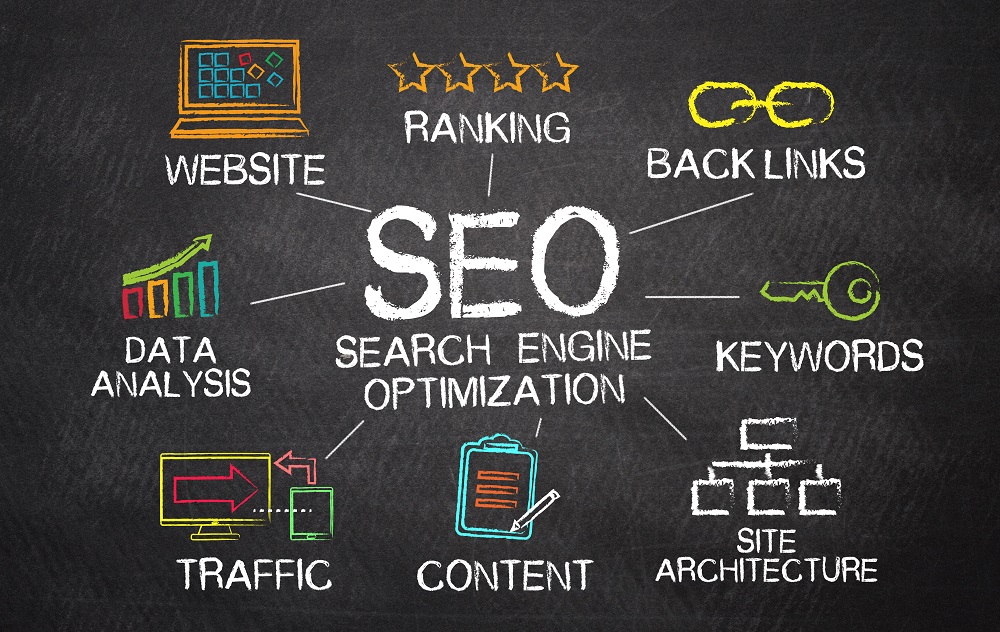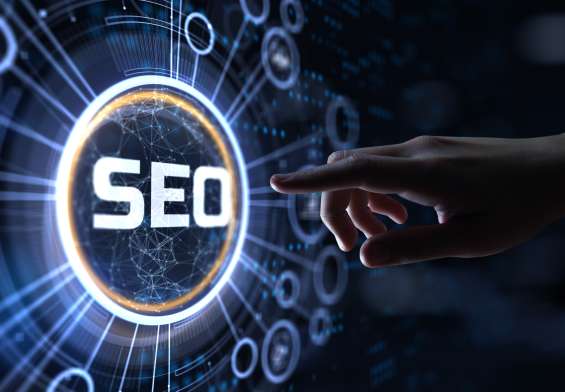Many people see search engine optimization (SEO) as a mixture of art and science. It certainly involves creative elements, like writing compelling content, but at its core, SEO relies on data, experimentation, and systematic processes—just like science. This article covers the numerous parallels between SEO and scientific methods, showing that SEO can be considered a science in its approach and execution. When you understand this comparison, you can see the value of SEO services and why they’re worth looking into.
Defining SEO and Science
SEO is the practice of optimizing a website’s content so it can rank higher on search engine results pages (SERPs). Many elements go into this, like analyzing data, experimenting with different strategies, and adjusting those strategies based on the outcomes you observe. Science is based on similar principles of observation, experimentation, and analysis. Scientists formulate hypotheses, conduct experiments to test them, and analyze the results to draw conclusions. Fundamentally, SEO operates on a similar framework as an evidence-based discipline.
The Role of Data in SEO and Science
Data plays a huge role in both SEO and scientific research. In science, data is collected via experiments and observations to test hypotheses. In SEO, data is gathered from various sources, like website traffic, keyword rankings, and user behavior metrics like click-through rates and bounce rates.
SEO professionals use this data to identify trends, understand user intent, and adjust strategies accordingly. For example, if data shows a high conversion rate with a certain keyword, SEO experts might adjust their content strategy to focus more on that keyword. This is just like scientific research, where gathered data informs the direction of studies and future experiments.
Hypothesis Testing in SEO
Hypothesis testing is one of the most fundamental basics of science. The entire discipline is built around formulating hypotheses and conducting experiments to prove or disprove them. SEO uses a similar process. For instance, an SEO specialist might hypothesize that adding more internal links to a webpage will improve its ranking on Google. They would make this change, monitor the results, and look at the data from it to see if their hypothesis was right or not.
SEO also involves iterative testing—like A/B testing or split testing—which compares two versions of a webpage to see which performs better. This process has a lot in common with controlled experiments in science, where variables are adjusted, and outcomes are measured to determine what’s causing them.
The Evolving Nature of SEO and Scientific Theories
SEO and science are both fluid, dynamic fields, kept in flux by new discoveries. When there’s a new scientific discovery, the related scientific theories tend to evolve. SEO is similar in that best practices need to adapt to changes in search engine algorithms, user behavior, and emerging technologies. For example, Google’s relatively frequent algorithm updates require SEO professionals to stay on top of the latest trends and data.
As a result of these constant changes, what works today in SEO may not work tomorrow, just like scientific theories that are revised or replaced when new evidence is discovered. Therefore, staying updated and adapting strategies based on new data plays a huge role in both fields.
Expertise and Authority in SEO and Science
Expertise and authority are important elements of both SEO and science. In science, credibility is established with peer-reviewed studies and other forms of expert consensus. Similarly, in SEO, authoritative content—that usually has credible references behind it—goes a long way towards achieving higher rankings on search engines. Google’s emphasis on E-A-T (Expertise, Authoritativeness, Trustworthiness) in its ranking algorithms demonstrates how important authoritative content really is when it comes to SEO.
SEO professionals tend to build authority by creating high-quality, informative content that’s linked to or cited by other reputable websites. Just like how scientists build credibility through citations and peer-reviewed publications.
The Scientific Community and the SEO Community
Just as the scientific community relies on peer review, collaboration, and knowledge sharing, the SEO community thrives on exchanging information, case studies, and data. SEO professionals attend conferences, webinars, and forums to discuss new strategies and findings, much like how scientists present their research at conferences and publish it in journals.
Sharing information like this helps SEO experts learn from each other’s successes and failures, so there’s tons of continuous improvement and innovation in the field. It also creates a community of practice where best practices are developed and refined over time.
Why Viewing SEO as a Science Matters
Viewing SEO through a scientific lens lets you see how rigorous and data-driven the discipline really is. With an understanding of how SEO is not just about creativity but also about data analysis, hypothesis testing, and continuous adaptation, you can see why tons of individuals and businesses invest in SEO services. A scientific approach to SEO means making informed, evidence-based decisions with the highest chances of yielding positive results.
When you approach SEO with the same rigor as a scientific discipline, you can better understand the factors influencing your website’s performance and develop strategies that align with proven methods. Ultimately, investing in SEO is an investment in a methodical, systematic approach to improving your online visibility and growing your business.





